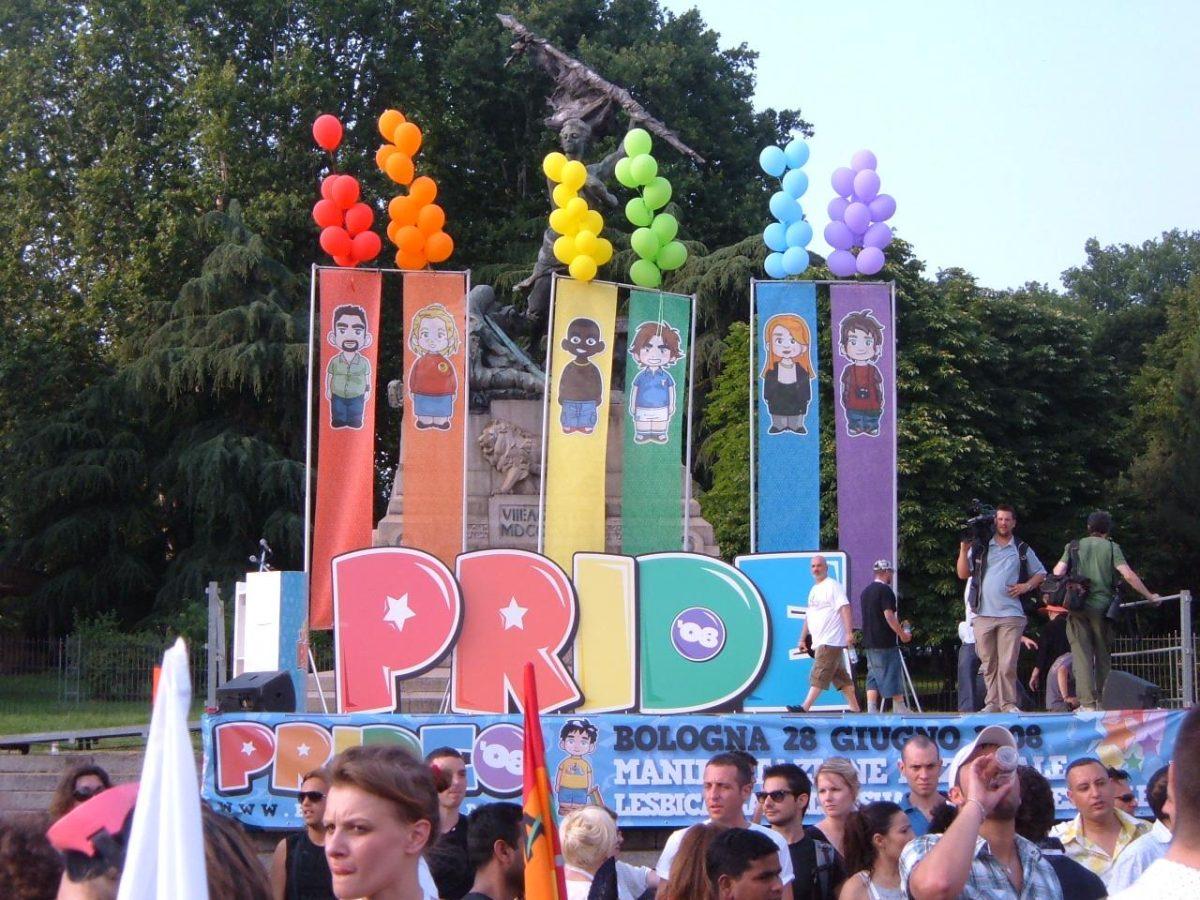As soon as The Huffington Post changed the name of its LGBTQ section from “HuffPost Gay Voices” to “HuffPost Queer Voices,” a new era of sexuality and gender politics began. The word “queer” has steadily risen into mainstream use over many years, but in that moment, it broke into the limelight.
Since the name change, the term became more popular and increasingly known as an umbrella term for the LGBTQ community. More people began to replace the acronym “LGBTQ” with “queer,” thinking it was easier to refer to the community in a single word. Though the term “queer” may seem like a hip new addition to the community, the word itself arose from a history of abuse, discrimination and bigotry.
If a person searches “queer” on the internet, they will see it defined as “strange,” “peculiar” and “unusual.” When used as a verb, it means “to spoil or ruin.” When the use of the word as a derogatory term became prominent in the 20th century, LGBTQ individuals became the butt of the abuse.
Recent generations of the LGBTQ community do not have the same experience with the word as their elders did. James Peron, a writer who discussed his aversion to the term in an article for The Huffington Post, is just one of the many gay men who experienced trauma because of the derogatory term.
“‘Queer’ is a traumatic, painful word for many of us,” Peron said. “Once you were queer, you had no right to live, no right to happiness, and were fair target for anyone needing to boost their own fragile masculinity.”
Peron also said that allowing LGBTQ allies to use the word divides the community even more.
“To have it inflicted us by our allies is no less traumatic and painful. If anything, it is worse,” Peron said. “It is divisive and it is painful. Inclusionary only includes people without those painful experiences. You can’t be inclusionary and divisive at the same time.”
Though I do not agree with the use of the word “queer” as an umbrella term, I support people reclaiming the slur. If people in the LGBTQ community want to empower themselves by claiming a slur used against them, then it is their right to do so. It is not much different than black people using the n-word or people with disabilities using the r-word. Gay people have reclaimed other slurs used against them like “dyke” and “faggot,” so saying the word “queer” can help disassociate the term with pure trauma.
LGBTQ people began to reclaim the term “queer” in the late ’80s after the AIDS crisis struck the community. The word became a way for people in the community to live unapologetically, saying “we’re here, we’re queer, get over it.”
Using “queer” as a self-descriptor is not meant to be fun or quirky, and it is not meant to stand on its own as an individual identity. It is meant to remind LGBTQ people of how some non-LGBTQ people see the community: weird, different and even less than human. The people who died in the AIDS crisis were denied fast action because they were “queer,” and they deserve the meaning of that word to never be twisted around.
I stand up for an LGBTQ person’s right to reclaim the word, but I will never be OK with a non-LGBTQ person using it. No matter how much the community reclaims it, there will always be too many people who use it in a hurtful way.
It is hard to think of an umbrella term to describe the LGBTQ community, but our problem is we are trying to find a single word to describe a community that is founded on diversity. The community is a spectrum, and there will never be one word to encapsulate the beauty of it.
Lynne Bunch is an 18-year-old mass communication freshman from Terrytown, Louisiana.
Opinion: “Queer” reclaimed slur, not to be used as umbrella term
By Lynne Bunch
January 19, 2017
Older generations of the LGBTQIA community have a negative experience with the recently reclaimed word, “queer,” as it represents an attitude of hatred and discrimination towards gay people.





